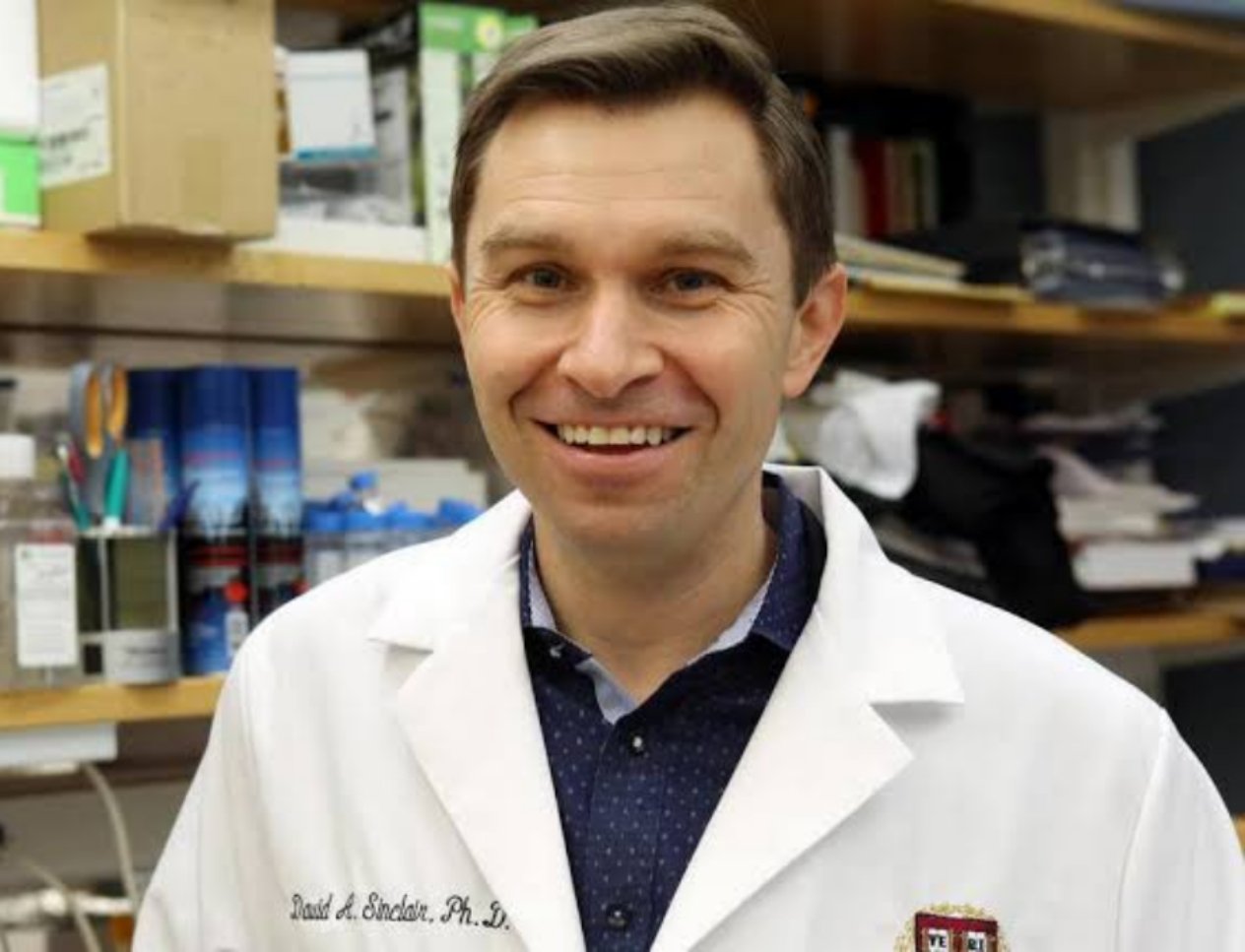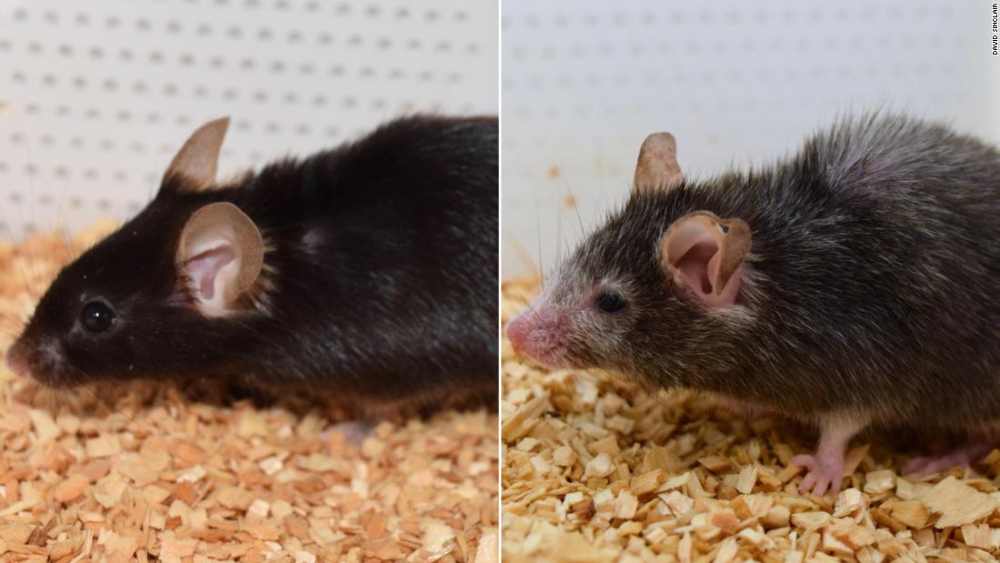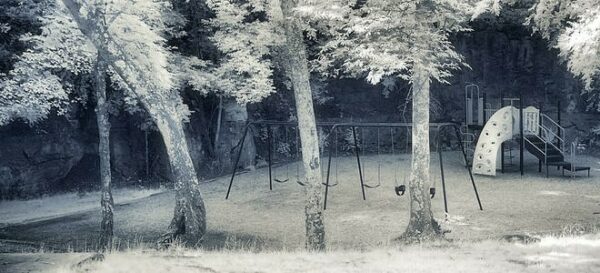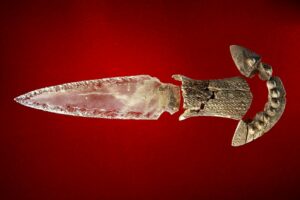Who does not have the expectation of immortality? But the fact is that we age and we die. This time the wheel of that age can be turned in the opposite direction. An experimental study conducted by a team of researchers at Harvard Medical School suggests just that.

No, it’s not a science fiction story. A team of researchers at Harvard Medical School, led by David Sinclair, a researcher in molecular biology, has reduced the age of a mouse in the laboratory!
Scientists claim that certain types of proteins can regenerate old cells into stem cells. Using this method, they were able to restore the eye sight of a mouse in 2020. The mouse’s retina was damaged by aging, but scientists were able to regenerate those retinal cells. Using this experience, the scientists reduced the age of a mouse this time.

In 2006, Japanese scientist Shinya Yamanaka was able to artificially increase the age of skin cells. He also won the Nobel for that discovery. Today, anti-aging skin treatment is already being used in the medical field extensively.
Researchers at Harvard Medical School have long sought to reverse the aging process in humans. In experiments on two mice born at the same time, scientists performed special proteins and genetic modifications in one of the mice. It has been observed that although one mouse gradually got older, the other mouse was not affected by its age.
However, experts say that while the study points to new horizons in the field of biology, there is no need to come to a conclusion right now on the whole issue, more detailed research is needed.




